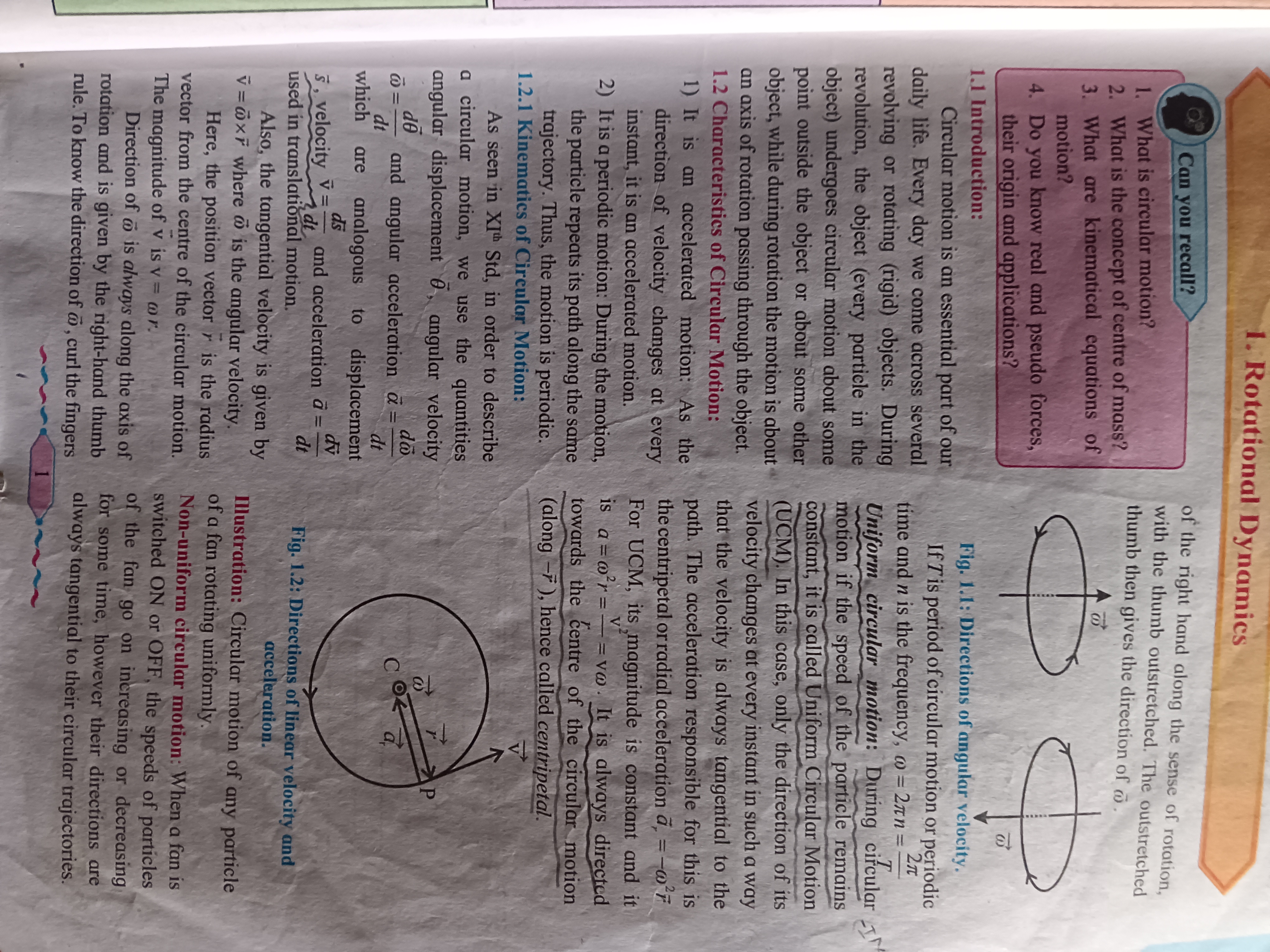What is circular motion? What are kinematic equations of motion? What are real and pseudo forces, their origin and applications?

Understand the Problem
The question is discussing concepts related to circular motion, including angular velocity and acceleration, as well as kinematic equations and applications in physics.
Answer
Circular motion is movement along a circle's circumference. Real forces are physical, pseudo forces arise in non-inertial frames.
Circular motion is movement along a circle's circumference. Kinematic equations describe motion related to displacement, velocity, and acceleration. Real forces arise from physical interactions, while pseudo forces appear due to non-inertial reference frames.
Answer for screen readers
Circular motion is movement along a circle's circumference. Kinematic equations describe motion related to displacement, velocity, and acceleration. Real forces arise from physical interactions, while pseudo forces appear due to non-inertial reference frames.
More Information
Circular motion involves constant speed along a circle. Kinematic equations help analyze motion through parameters like velocity. Pseudo forces are evident in rotating systems, such as feeling pushed outward in a car taking a sharp turn.
Tips
Confusing real forces with pseudo forces is common. Remember, pseudo forces do not arise from physical interactions but from observing motion in accelerating frames.
Sources
- Circular motion - Wikipedia - en.wikipedia.org
- Pseudo Force - Definition and Examples | Fictitious Force | Physics - byjus.com
- [PDF] CIRCULAR MOTION: KINEMATICS - Project PHYSNET - physnet.org
AI-generated content may contain errors. Please verify critical information